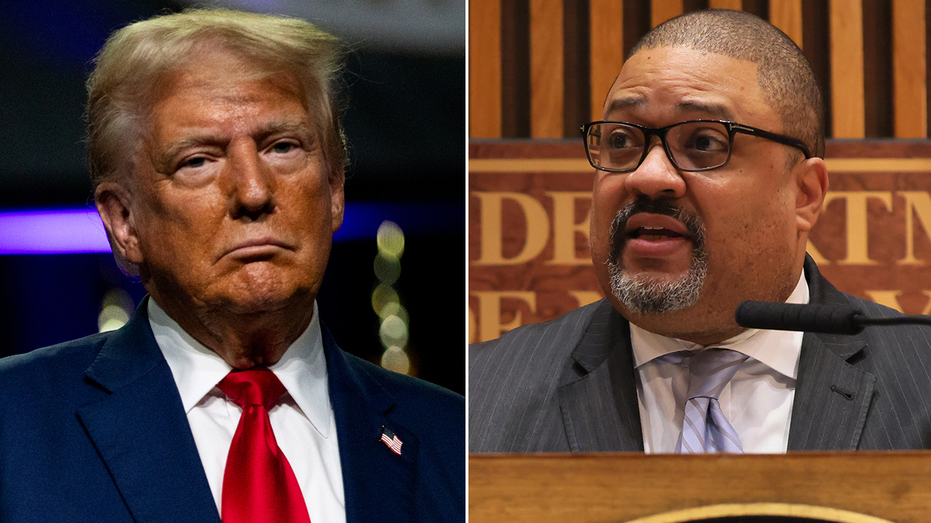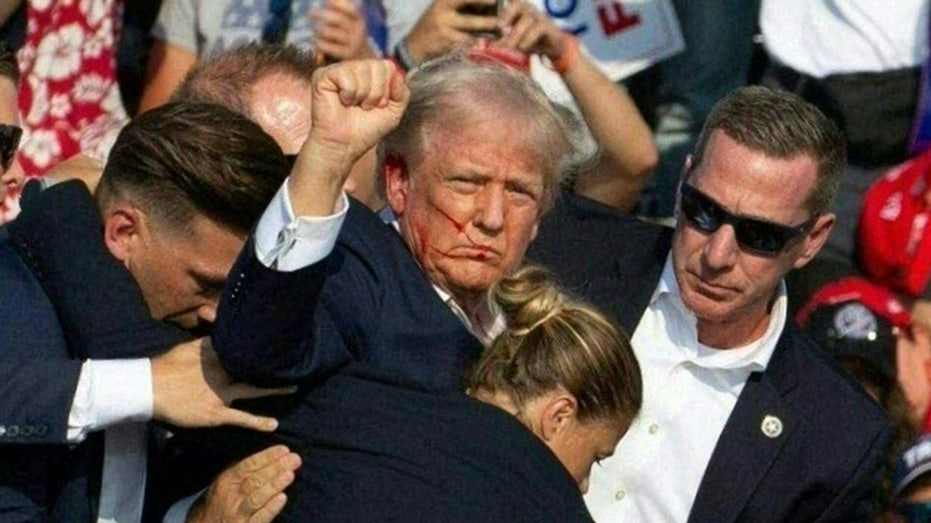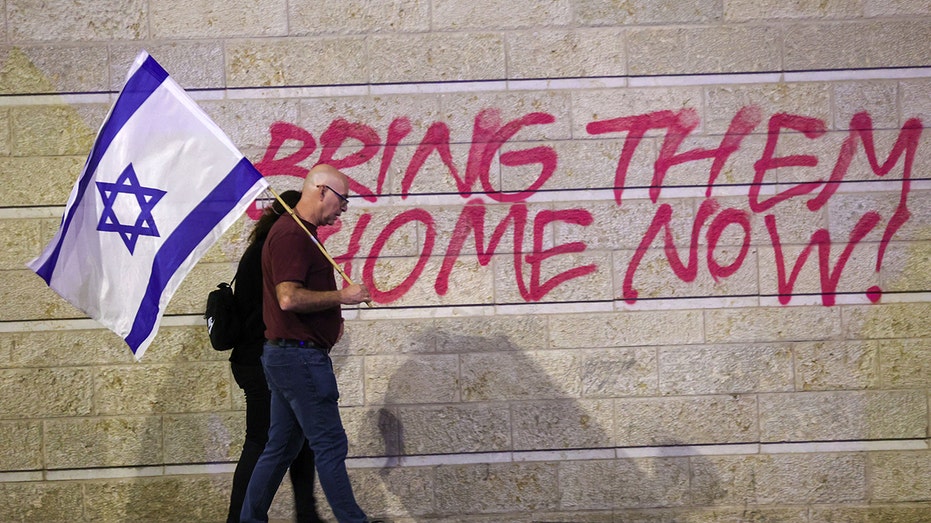Judge Juan Merchan decided to postpone former President Trump’s sentencing in New York v. Trump until after the November presidential election.
Trump’s sentencing date is now scheduled for Nov. 26. The original date was set for Sept. 18.
“There should be no sentencing in the Manhattan DA’s Election Interference Witch Hunt. As mandated by the United States Supreme Court, this case, along with all of the other Harris-Biden Hoaxes, should be dismissed,” Steven Cheung, Trump campaign spokesperson told Fox News Digital.
Trump was found guilty in an unprecedented criminal trial on all 34 counts of falsifying business records in the first degree, following a six-week trial stemming from Manhattan District Attorney Alvin Bragg’s investigation.
Trump’s initial sentencing was set for July 11 — just days before the Republican National Convention, where he was set to be formally nominated as the 2024 GOP presidential nominee, but Judge Juan Merchan agreed to delay that until Sept. 18.
‘ELECTION INTERFERENCE’: TRUMP LAWYERS CALL FOR DELAYED SENTENCING IN BRAGG CASE
Trump lawyers then requested his sentencing be delayed until after the November presidential election, citing “naked election-interference objectives.”
Trump has appealed the verdict, after pleading not guilty to all charges. Trump attorney Todd Blanche said the verdict should be overturned based on the Supreme Court’s ruling on presidential immunity.
Blanche also pointed to Merchan’s daughter’s work at Authentic Campaigns, which represents top Democratic candidates.
TRUMP ASKS FEDERAL COURT TO TAKE OVER BRAGG CASE WEEKS BEFORE SENTENCING
In his arguments for dismissal, Blanche argued that Bragg offered official acts as evidence during the six-week-long unprecedented criminal trial. Blanche said that included official White House communications with staffers like Hope Hicks, Madeleine Westerhout and others.
The Supreme Court ruled in Trump v. United States that a former president has substantial immunity from prosecution for official acts in office but not for unofficial acts. The high court said Trump is immune from criminal prosecution for “official acts” but left it to the lower court to determine exactly where the line between official and unofficial is.
Meanwhile, last week, Trump asked a federal court to seize the New York criminal trial from the state and argued he has become a victim of “Constitutional violations” in proceedings that conflicted with the Supreme Court’s recent ruling on presidential immunity.
U.S. District Court Judge Alvin Hellerstein denied that request, saying there was nothing in the high court’s presidential immunity ruling that alters his view that private payments to an adult film star are not related to a president’s official acts.
He previously said that Trump’s reimbursement to Michael Cohen, his former lawyer who facilitated hush money payments to adult film actress Stormy Daniels, were not official acts he made as president.
“My holding of a hush money reimbursement remains true regardless of who has the burden, whether the People or Mr. Trump,” Hellerstein wrote in his decision. “Nothing in the Supreme Court’s decision affects my previous conclusion that the hush money payments were private, unofficial acts, outside the bounds of executive authority.”




